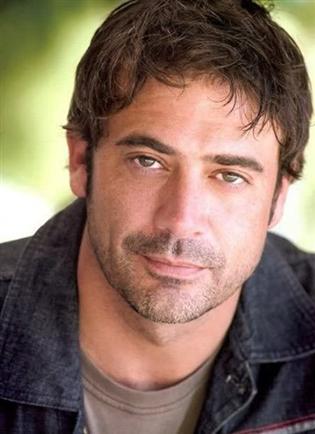Caliban Stormcrow

|
When Caliban Stormcrow came to live in Ree, he often told people that in his “first” life, he had been a slave and a gladiator. But that wasn't the truth. Not the whole truth, anyway. Caliban had had many lives before arriving in Ree: gladiator, fugitive, adventurer, time traveler, dimension hopper. And in his true “first” life, he had been a prince.
Caliban was born into the House of Crows, the ruling family of the human nation of Gir. His mother, the Undying Empress, had reigned for over two and a half centuries. But when Caliban was ten years old, a bloody coup incited by Innes of the House of Rooks wrested power from the Imperial family. The Empress and Emperor were executed outright, but the conspirators couldn't do away with the Crow children so directly.
The seven Imperial heirs were thrown into the gladiatorial Arena. It was an oblique form of execution, as each child had a chance, however slim, to survive the ordeals they would face. Caliban's siblings fell one by one, but Caliban survived. And continued to survive, year after year after year.
Caliban had a talent for gladiatorial combat. He became famous throughout Gir for his skill, his showmanship, and his savagery. But that was outside the Arena. Inside the Arena, he was famed for his cleverness.
It was during a particularly cruel death match that Caliban experienced a moment of inspiration. Innes had arranged for Caliban to face off against a man named Tomas, who had once been Captain of the Imperial Guard. It amused Innes to see the two friends pitted against each other, knowing that no matter which of them emerged victorious, he would be rid of at least one of his enemies.
Tomas, of course, could not bring himself to endanger his prince, a man he had sworn to protect with his life. His reluctance in combat soon left him lying bloody and defeated at Caliban's feet. The crowd chanted and howled for the fallen man's death. Caliban had killed many men to survive the Arena, but that day he was feeling the weight of all those souls. One more, especially this one, would be too many. His own soul could not survive it. So instead of killing Tomas, he drew his dagger and carved his personal sigil—a symbol that had once been his Imperial seal and was now his gladiatorial insignia—into the man's cheek.
The gambit worked. The crowd loved it. But what they saw as brutal spectacle was actually an act of mercy. And all the gladiators knew it. From that point on, it became Caliban's signature move, and it allowed him to spare more opponents than he killed.
Caliban's popularity grew and his victories accumulated and eventually, by the rules of the Arena, he was able to earn his freedom. Innes and High Command, the new leaders of Gir, were forced to let him leave or risk undermining the legitimacy of their rule.
The details of Caliban's life become sketchy in the years immediately after he fled Gir. Rumors have it that Innes sent assassins to do what the Arena failed to, but clearly Caliban was able to dodge them.
Caliban spent some time in Hana and some time in the North and somehow ended up in the dragon prison dimension known as Sanctuary. He managed to travel through time on at least four occasions, through unknown means. He also traveled to a world called Earth, where he fathered twin children with a werewolf woman. How he made it there, or back to Khadin afterward, is unknown. And because the Crow lineage is such a long-lived one, there is no way to know how many years Caliban spent on his various adventures and exploits before his final immigration to Ree.
Once Caliban settled in Ree, he bought a good-sized parcel of land and became a farmer. He married a Ree native named Raina Olorin, and they had four children: Aidan, Brigid, Nell, and Alain. From that point on, all Caliban wanted out of life was a good crop and a healthy family. And for a while, that's what he had.
But like all gladiators, Caliban had scars, not just in body and soul, but in mind as well. He had a family curse that threatened the male members of his line with madness. And he had an enemy who understood both.
Caliban knew nothing of the gradual poison a disguised Innes had introduced into his system. He knew nothing of neural trauma or scar tissue or the effect a series of toxin-induced strokes could have on an already damaged brain.
And mercifully, he knew nothing at all the day he took up his gladius again, and his family died.
With his sigil carved into their faces.